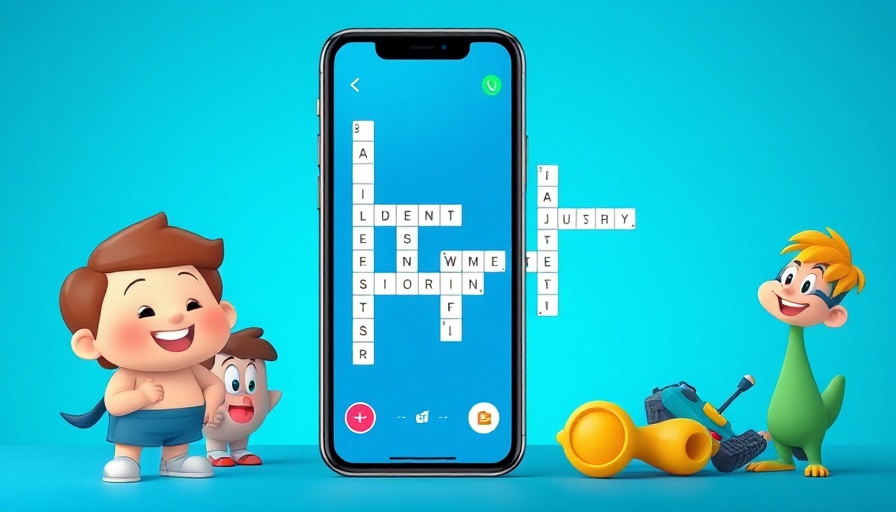
A Heartfelt Win: KZN Woman Claims R5.3 Million Lotto Jackpot
A young woman from KwaZulu-Natal recently transformed her life, winning an extraordinary R5.3 million in the National Lottery using the lucky numbers of her late father. This remarkable story not only shines a spotlight on familial bonds but also highlights the challenges faced by families in post-apartheid South Africa.
The Power of Legacy: Numbers That Matter
The winner, who remains unnamed, expressed how a particular ticket she found—belonging to her father who frequently played the Lotto—motivated her to place her bet. Her father’s unwavering optimism for a better future through the lottery profoundly influenced her decision. The emotional weight of using her father's numbers underscores a deeper relationship with hope and legacy in South African culture, especially for those in underprivileged communities.
A New Chapter: From Grief to Growth
This windfall comes at a critical juncture for the young woman, who, alongside her sister, has been responsible for raising their younger siblings after losing their parents. The woman articulated the substantial emotional and financial challenges her family faced, saying, "Life has been difficult for us, but this win will change our circumstances." This narrative resonates with many in the region who face socio-economic hardships, revealing how unexpected fortunes can bring relief and opportunity.
Investing for the Future: Thoughtful Financial Planning
Upon receiving her prize, the woman emphasized her commitment to not just enjoy the windfall but to invest it wisely for her family's future. “The financial guidance I received has been invaluable,” she noted. She plans to allocate a significant portion of her winnings toward education for her siblings and improving their living conditions. This proactive approach signifies a cultural shift towards long-term planning and financial literacy in South Africa, especially amidst ongoing economic challenges, such as high unemployment rates and inflation.
The Human Aspect of the Lottery: Miracles Amidst Misery
The response from Ithuba, the National Lottery operator, emphasizes the organization's role in bringing hope to many South Africans. Charmaine Mabuza, CEO of Ithuba, remarked, "This heart-warming story highlights the true purpose of the National Lottery – to give people hope and a chance to change their lives for the better." Ithuba's promise to support winners through various services, including trauma counseling, signifies a shift toward social responsibility and accountability in institutions that manage public funds.
The Broader Implications: Hope and Transformation
This story is not just a narrative of personal success; it reflects larger societal issues and the role that lotteries play in South African life. The Lotto is often viewed as a beacon of hope for many, offering a chance to escape poverty. Amid a backdrop of state capture concerns and the struggles of state-owned enterprises like Eskom, stories like these provide a counter-narrative to the pervasive corruption and economic strife.
A Reflection on Societal Dynamics
While this win is celebrated, it also brings to light how the odds in life can be as challenging as those in the lottery. The reality of multiple family responsibilities and the weight they carry mirror the experiences of numerous South Africans who juggle financial constraints and societal expectations. It reinforces the importance of support systems, community, and breaking the cycles of poverty through education and careful planning.
In conclusion, the story of the KZN woman who triumphed in the Lotto illustrates the intersection of hope, legacy, and responsibility within the socio-economic landscape of South Africa. As the winner strives to create a better future for her family, it prompts a larger reflection on how society can rally together to support and uplift one another.
For more inspiring stories and updates on the latest lotto news, keep engaging with our platforms and explore ways you can contribute to fostering hope in your community.
 Add Row
Add Row  Add
Add 


Write A Comment